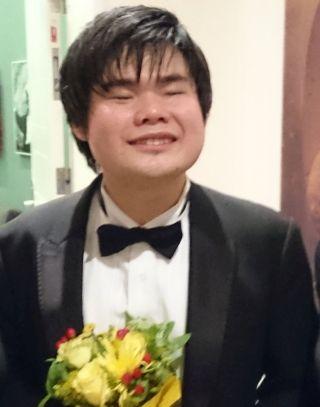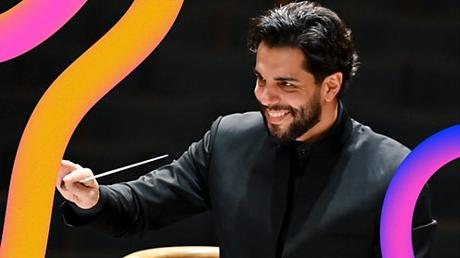On Friday 8 September we heard Nobuyuki Tsujii (or Nobu to his many many fans). He played Rachmaninov’s Third Piano Concerto at the penultimate 2023 Prom at the Royal Albert Hall. It was a virtuoso performance of one of the most difficult piano concertos, and it moved me to tears.

Nobuyuki Tsujii, from here
Nobu was led onto the RAH stage by the Royal Liverpool Philharmonia Orchestra’s conductor, the hugely talented Domingo Hindoyan, but the kindness and tenderness with which he led Nobu to the piano and his gentle attention to him throughout the performance (and afterwards, when Nobu played a gloriously jazzy encore) was what struck me. Hindoyan’s combination of admiration and affection for an outstanding fellow musician was almost as moving as Nobu’s performance.

Domingo Hindoyan, from here
I don’t know how many of my tears came from the Concerto’s Russian melancholy and how many from Nobu’s courage, attack, virtuosity, sheer delight in playing and the fact that he’d learned this notoriously difficult piano concerto without being able to see the score. My other half looked up the way Nobu learns: other pianists record a work for him, left and right hands separately, onto cassette. They also record markings or codes or instructions from the composer. Nobu listens and learns from the sounds. He calls the cassettes, Music sheets for ears.
Concert pianists almost always play without a score – they memorise it – but to learn a piece without a score seems to me to be verging on the miraculous. Nobu had a way of moving his head rhythmically to the left when he wasn’t playing, when he was listening to the orchestral parts, as if he was the music itself. He’s a shining example of achieving what might seem, to many of us, impossible.

